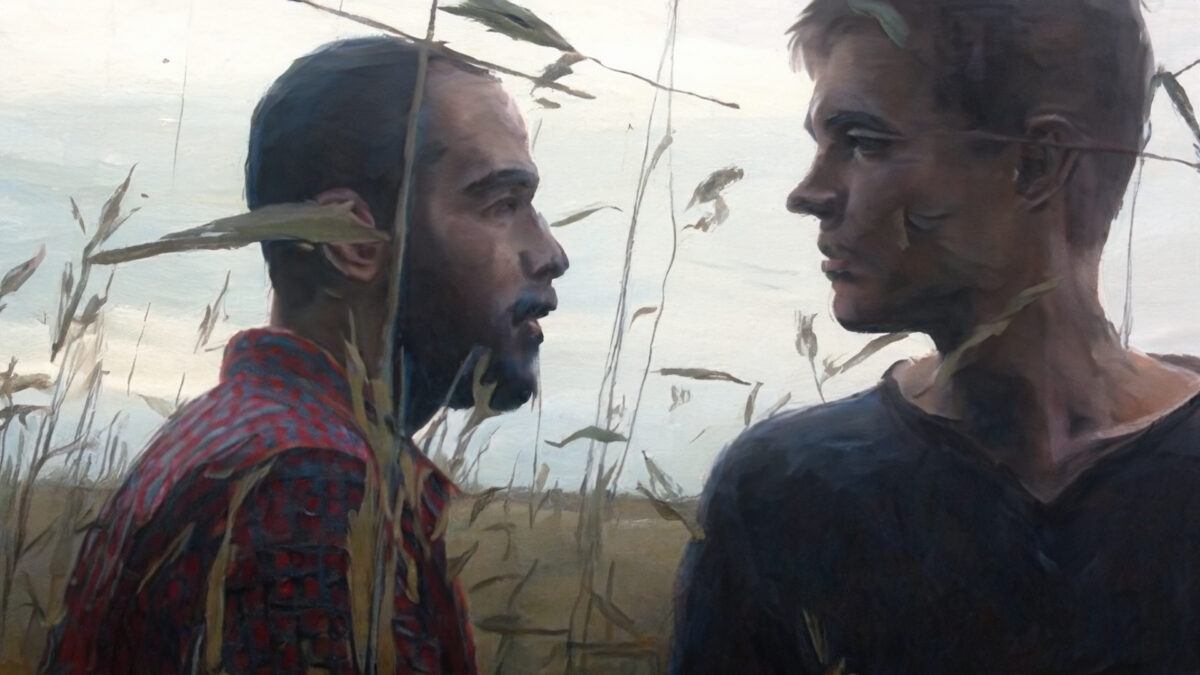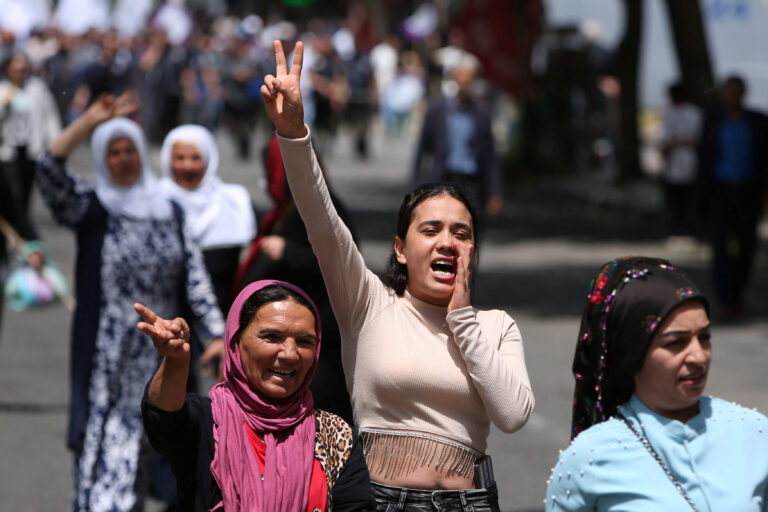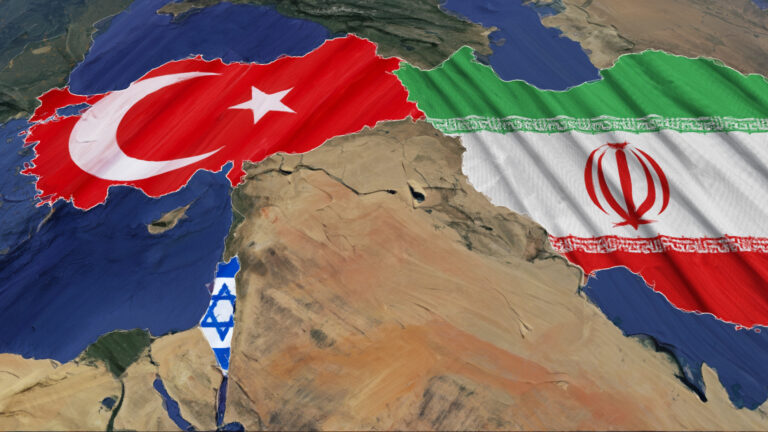The Great Exodus 4: ‘I got sick of being targeted as an LGBT person’

Selim, a Computer Engineering graduate from Ankara’s prestigious Middle Eastern Technical University (METU), decided to go abroad following the success of 2017’s controversial presidential system referendum in Turkey, which bestowed sweeping executive powers on President Recep Tayyip Erdoğan, who was elected to a five year presidential term shortly thereafter. A few years after the referendum, Selim settled in the Czech Republic with his family: “Maybe my being an Alevi made it easier to break from my home country, I don’t know,” he says. Alevis are a heterodox religious and cultural group in Turkey estimated to make up 10-20% of the country’s total population who have been frequent targets of discrimination over the years.
Eylül, a psychologist who has been living in Germany for a year and a half, connects her decision to become an “expat” with her gender identity: “I have no political affiliation, but I left Turkey because I felt it was a difficult place to live as a young woman.”
Eylul, who is 34 years old, used to live in one of the central districts of Istanbul, where she was the victim of frequent harassment on her way to work in the morning: “I always used to walk around with earplugs because I couldn’t deal with the bullshit. After a while, the earplugs weren’t enough either. In the end, I made my decision to leave. I applied for a bunch of jobs, and when I was accepted, I settled in Germany. The streets where I was born, my family, my friends, the culture I grew up in have been taken from me, I am very angry and sad. But I finally have a life of my own in Berlin. Now I prefer this place.”
“There is a huge atmosphere of fear towards the LGBTI+ community”
Burhan, a social scientist, was the first among the emigrants interviewed to cite his sexual orientation as the primary reason for choosing a life abroad: “Because of my LGBTI+ identity, I preferred the USA over staying in Turkey. In particular, being in academia offers an opportunity in this sense. In our country, we are frequently targeted. There is a great atmosphere of fear. People like me can’t see their futures there.”
Uğur, a graduate of Sabancı University, settled in Austria with his dog a year ago. “I’m sick of being targeted as a gay person every day. It is impossible for me to forget the words of Süleyman Soylu [former Turkish Interior Minister] when he was in office.” Uğur works in the field of technology. Soylu, a divisive and outspoken member of President Erdoğan’s cabinet, has become well known for his virulent anti-gay rhetoric in recent years.
Uğur recalled an experience at a public institution where he was subjected to discriminatory treatment because of his sexual orientation: “I would like to return to Turkey one day and feel valued by that institution.”
Haluk, who studied computer engineering at Boğaziçi University in Istanbul, says that he discovered his sexual orientation while a student in high school and from that moment on saw moving abroad as a “source of hope”. Haluk, whose speciality is artificial intelligence, moved to Germany after completing his master’s. He considered moving back to Turkey following the devastating earthquake in southeastern Anatolia in February, and even worked as an observer in May’s general elections. Following the results of the elections, however, any thoughts of remaining in Turkey long-term faded: “If the elections had turned out differently, there would have been a reason to move back. But it didn’t happen. I am here now.”
Korhan, who studied ecology at Boğaziçi and METU, summarizes the reasons for choosing to live in Canada as “both my profession and my identity”. Korhan explains that he has been in contact with LGBTI+ institutions in Turkey that are trying to help those who want to settle abroad: “Unfortunately, I do not plan to return. But maybe I will move to Europe, that way I will be closer to my country.”
Social media exiles
One of the first respondents for Medyascope’s series on emigrants was Çiğdem, a reader who I’d blocked on Twitter during Gezi back in 2013. She explained that she had been a pro-government social media ‘troll’ at the time but had now changed sides: now, she has had a court case filed against her because of her anti-government social media posts:
Medyascope'un haftalık e-bülteni
Andaç'a abone olun
Editörlerimizin derlediği öngörüler, analizler, Türkiye’yi ve dünyayı şekillendiren haberler, Medyascope’un e-bülteni Andaç‘la her çarşamba mail kutunuzda.
“I had been looking for a way to escape for two years. Eight months ago, I came to Ireland for a language school. I applied to become a political refugee. I don’t want to spend a second more in Turkey. I left my job behind. I’m working as a cleaner here until I get a work permit. But I am sure that I will make a comfortable life for myself. I have absolutely no regrets.”
Umut, who is a computer programmer and photographer, also struggled with lawsuits because of his social media posts, and even time in prison five years ago. Finally, at the insistence of her husband, who is a British citizen, they left Turkey three months ago. “I am happy with my situation, I continue to do my own work. From now on, I will only go back to see my family, that’s all.”
Going back to school to become a doctor
Nuh, a METU graduate, was fired from his job at a public institution after 2016’s failed coup attempt. Shortly thereafter, he had a daughter, and then started to make plans to settle abroad.
“We were not seen as acceptable citizens. We felt like second-class people,” said Nuh. After losing his job, Nuh went back to school to become a doctor with the goal of making his emigration from Turkey easier.
“I would have reconsidered my decision if the election had turned out differently,” says Nuh, 35, who is currently in his senior year of medical school, and looks forward to the day he leaves Turkey as a doctor.
Written/translated for Medyascope by Leo Kendrick












